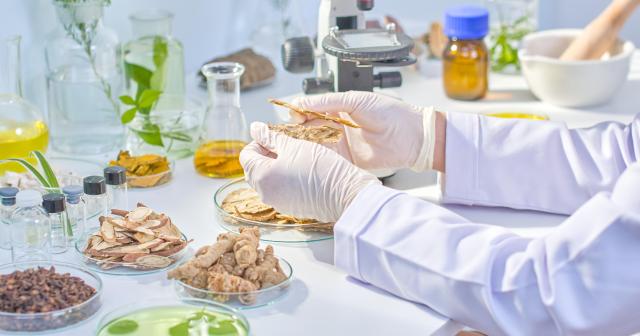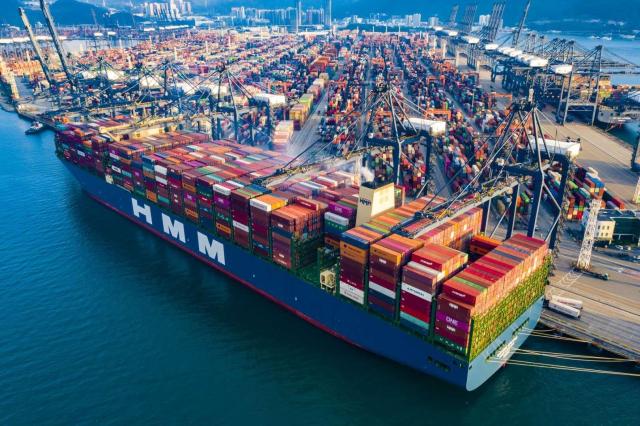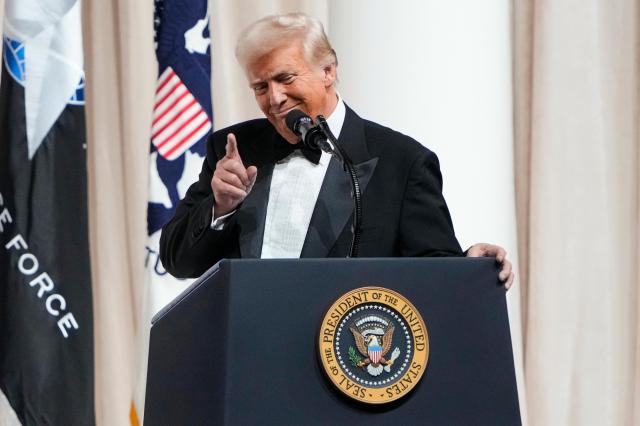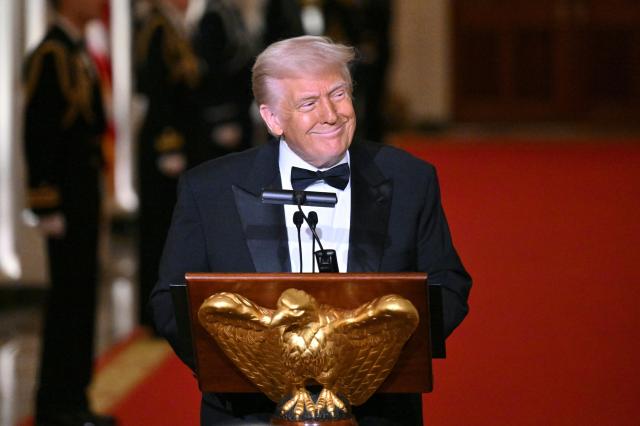
The Biotechnology Innovation Organization (BIO), the world’s largest biotech trade group based in Washington, recently submitted a formal request to the Office of the United States Trade Representative (USTR), describing South Korea’s regulatory framework for LMOs as “non-tariff barriers that have remained unresolved for over a decade.”
At the heart of the dispute is South Korea’s multi-agency risk assessment process, which requires approvals from various ministries — including the Ministry of Health and Welfare, the Ministry of Environment, and the Ministry of Oceans and Fisheries — depending on the intended use of the product.
“Despite global standards and the Korea-U.S. Free Trade Agreement, South Korea imposes risk assessments for LMO agricultural imports, rendering the approval process unpredictable,” BIO stated in its submission. “Resolving this issue is impossible without amending Korea’s LMO law.”
Among the companies affected is J.R. Simplot, an Idaho-based potato producer, which has been awaiting South Korean approval for three LMO potato varieties since 2016. The review process, now in its ninth year, underscores the challenges faced by American agricultural firms seeking access to the South Korean market.
The renewed push for regulatory changes comes amid high-level trade discussions between the two nations. Agricultural sanitary and phytosanitary measures were reportedly a focal point in a March 14 meeting between South Korea’s trade minister, Cheong In-kyo, and USTR Representative Jamieson Greer.
South Korean officials have acknowledged industry concerns but remain cautious.
“If an official request regarding amendments to the LMO law is received, we will review the possibility of improvements after gathering opinions from relevant ministries,” a government official said.
Copyright ⓒ Aju Press All rights reserved.





View more comments